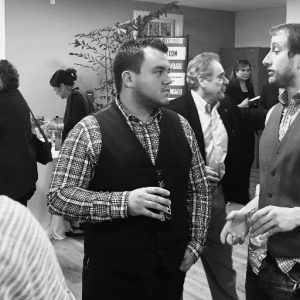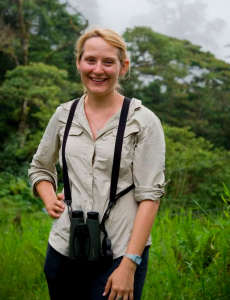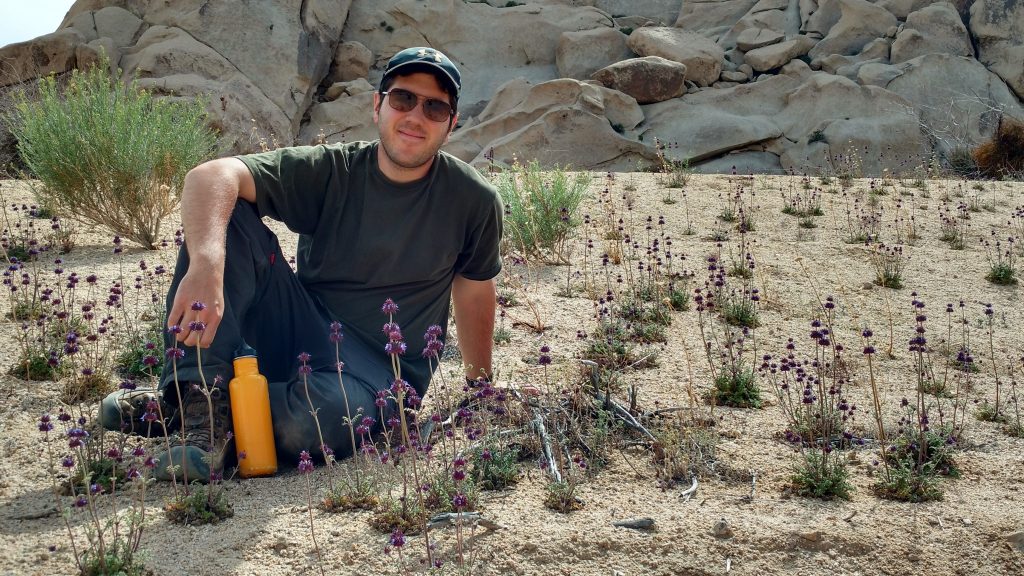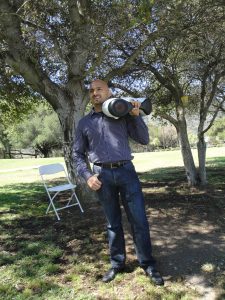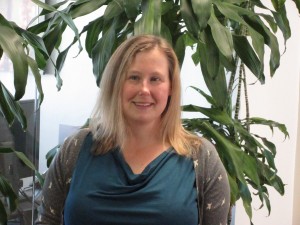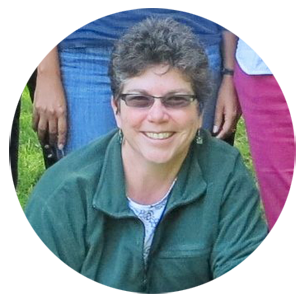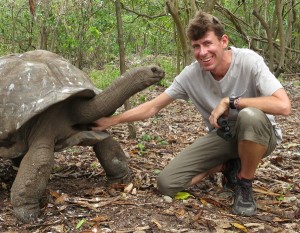NOTE: This discussion may be most relevant to NCEAS residents, but others are still welcome to attend.
In the Early Career Researcher (ECR) discussion group, we’ve been talking about paths, directions, and reasons for considering doctoral programs (among other choices). Within the NCEAS community, there are lots of people who are thinking about their next steps. We know that there are many folks with sage advice, comments, and insights—and so we’re opening the discussion up on Wednesday, September 28th. Please join us during the usual NCEAS roundtable time at 12:15 in the lounge to offer your thoughts, and hear those of others!
The community discussion will be generally framed by these questions:
-What are some of the affordances that you believe the PhD has given you, or gives to others, generally?
-For you, what were some of the opportunity costs of going for the PhD?
-What are the top one or two pieces of advice that you would share with someone who wants a career in science/research/data, but doesn’t necessarily know if they want to pursue the PhD?
Hope you can join the open discussion Wednesday!

